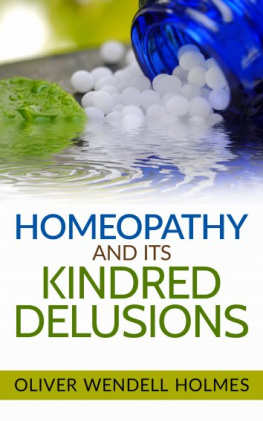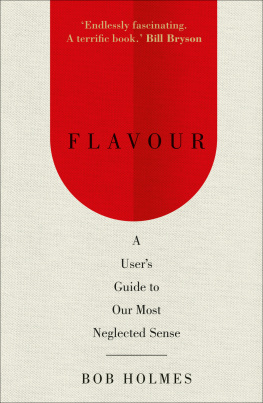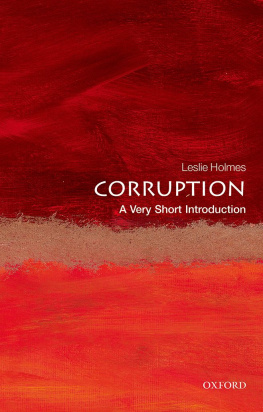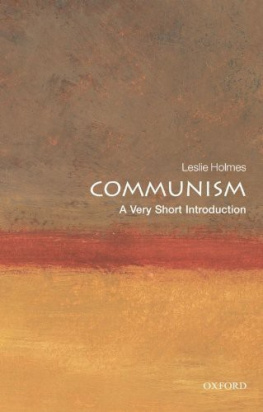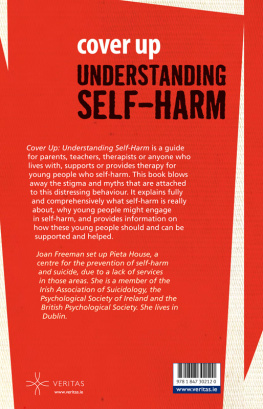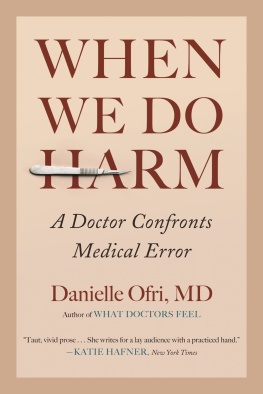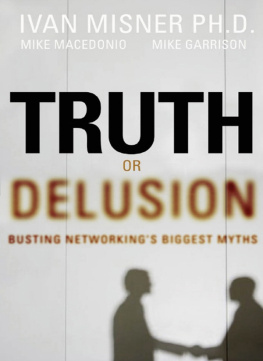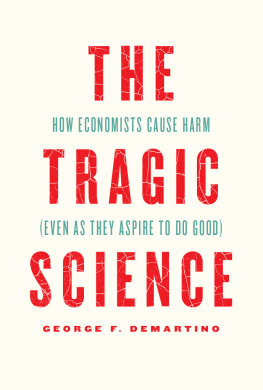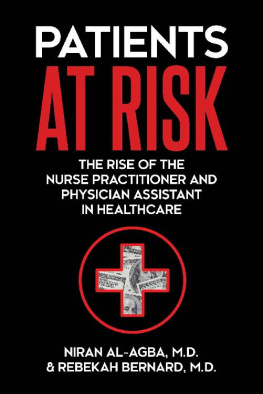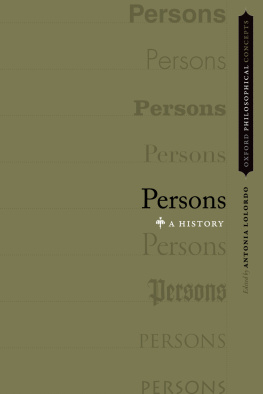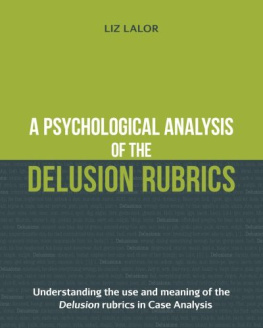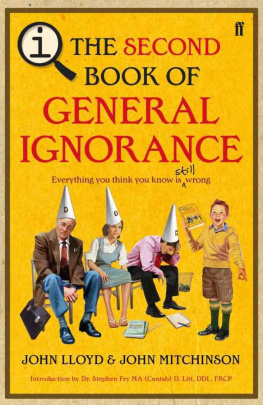Preface
When a physician attemptstoconvince a person, who has fallen into the Homoeopathic delusion,of the emptiness of its pretensions, he is often answered by astatement of cases in which its practitioners are thought to haveeffected wonderful cures. The main object of the first of theseLectures is to show, by abundant facts, that such statements, madeby persons unacquainted with the fluctuations of disease and thefallacies of observation, are to be considered in general as oflittle or no value in establishing the truth of a medicaldoctrineor the utility of a method of practice.
Those kind friends who suggest to aperson suffering from a tedious complaint, that he Hadbetter try Homoeopathy, are apt to enforce their suggestionby adding, that at any rate it can do no harm.Thismay or may not be true as regards the individual. But it alwaysdoes very great harm to the community to encourage ignorance,error, or deception in a profession which deals with the life andhealth of our fellow-creatures. Whether or not those whocountenance Homoeopathy are guilty of this injustice towardsothers, the second of these Lectures may afford them some means ofdetermining.
To deny that good effects mayhappen from the observance of diet and regimen when prescribed byHomoeopathists as well asby others, would be very unfair to them.But to suppose that men with minds so constituted as to accept suchstatements and embrace such doctrines as make up the so-calledscience of Homoeopathy are more competent than others to regulatethe circumstanceswhich influence the human body in health anddisease, would be judging very harshly the average capacity ofordinary practitioners.
To deny that some patients may havebeen actually benefited through the influence exerted upon theirimaginations, would beto refuse to Homoeopathy what all are willingto concede to every one of those numerous modes of practice knownto all intelligent persons by an opprobrious title.
So long as the body is affectedthrough the mind, no audacious device, even of the most manifestlydishonest character, can fail of producing occasional good to thosewho yield it an implicit or even a partial faith. The argumentfounded on this occasional good would be as applicable injustifying the counterfeiter and giving circulation to hisbasecoin, on the ground that a spurious dollar had often relieved apoor mans necessities.
Homoeopathy has come before ourpublic at a period when the growing spirit of eclecticism hasprepared many ingenious and honest minds to listen to all newdoctrines with a candor liable to degenerate into weakness. It isnot impossible that the pretended evolution of great and mysteriousvirtues from infinitely attenuated atoms may have enticed a fewover-refining philosophers, who have slid into a vague belief thatmatter subdivided grows less material, and approaches nearer to aspiritual nature as it requires a more powerful microscope for itsdetection.
However this may be, some personsseem disposed to take the ground of Menzel that the Laity must passformal judgment between the Physician and the Homoeopathist, as itonce did between Luther and the Romanists. The practitioner and thescholar must not, therefore, smile at the amount of time and laborexpended in these Lectures upon this shadowy system; which, inthecalm and serious judgment of many of the wisest members of themedical profession, is not entitled by anything it has ever said ordone to the notoriety of a public rebuke, still less to the honorsof critical martyrdom.
CHAPTER I
I have selected four topics forthis lecture, the first three of which I shall touch but slightly,the last more fully. They are
- The Royal cure of theKings Evil, or Scrofula.
- The Weapon Ointment, and its twinabsurdity, the Sympathetic Powder.
- The Tar-water mania of BishopBerkeley.
- The History of the MetallicTractors, or Perkinism.
The first two illustrate the easewith which numerous facts are accumulated to prove the mostfanciful and senseless extravagances.
The third exhibits the entireinsufficiency of exalted wisdom, immaculate honesty, and vastgeneral acquirements to make a good physician of a greatbishop.
The fourth shows us the intimatemachinery of an extinct delusion, which flourished only forty yearsago; drawn in all its details, as being a rich and comparativelyrecent illustration of the pretensions, the arguments, thepatronage, by means of which windy errors have long been, and willlong continue to be, swollen into transient consequence. Alldisplay in superfluous abundance the boundless credulity andexcitability of mankind upon subjects connected with medicine.
From the time of Edward theConfessor to Queen Anne, the monarchs of England were in the habitof touching those who were brought to them suffering with thescrofula, forthe cure of that distemper. William the Third had goodsense enough to discontinue the practice, but Anne resumed it, and,among her other patients, performed the royal operation upon achild, who, in spite of his, disease, grew up at last into SamuelJohnson. After laying his hand upon the sufferers, it was customaryfor the monarch to hang a gold piece around the neck of eachpatient. Very strict precautions were adopted to prevent those whothought more of the golden angel hung round the neck by awhiteribbon, than of relief of their bodily infirmities, frommaking too many calls, as they sometimes attempted to do. Accordingto the statement of the advocates and contemporaries of thisremedy, none ever failed of receiving benefit unless their littlefaith and credulity starved their merits. Some are said to havebeen cured immediately on the very touch, others did not so easilyget rid of their swellings, until they were touched a second time.Several cases are related, of persons who had been blind forseveral weeks, and months, and obliged even to be led to Whitehall,yet recovered their sight immediately upon being touched, so as towalk away without any guide. So widely, at one period, wasthe belief diffused, that, in the course of twelve years, nearly ahundred thousand persons were touched by Charles the Second.Catholic divines; in disputes upon the orthodoxy of their church,did not deny that the power had descended to protestant princes; Dr. Harpsfield, in his Ecclesiastical History ofEngland, admitted it, and in Wisemans words,when Bishop Tooker would make use of this Argument to provethe Truth of our Church, Smitheus doth not thereupon go about todeny the Matter of fact; nay, both he and Cope acknowledgeit. I myself, says Wiseman,the best Englishsurgical writer of his day,[Edinburgh Medical and Surgical Journal,vol. iii. p. 103.]I my self have been a frequentEye-witness of many hundred of Cures performed by his MajestiesTouch alone, without any assistance of Chirurgery; and those, manyof them such as had tired out the endeavours of able Chirurgeonsbefore they came hither. It were endless to recite what I myselfhave seen, and what I have received acknowledgments of by Letter,not only from the severall parts of this Nation,but also fromIreland, Scotland, Jersey, Garnsey. It is needless also to rememberwhat Miracles of this nature were performed by the very Bloud ofhis late Majesty of Blessed memory, after whose decollation by theinhuman Barbarity of the Regicides, the reliques of that weregathered on Chips and in Handkerchieffs by the pious Devotes, whocould not but think so great a suffering in so honourable and piousa Cause, would be attended by an extraordinary assistance of God,and some more then ordinary a miracle: nor did their Faith deceivethem in this there point, being so many hundred that found thebenefit of it. [Severall Chirurgicall Treatises.London.1676. p. 246.]

